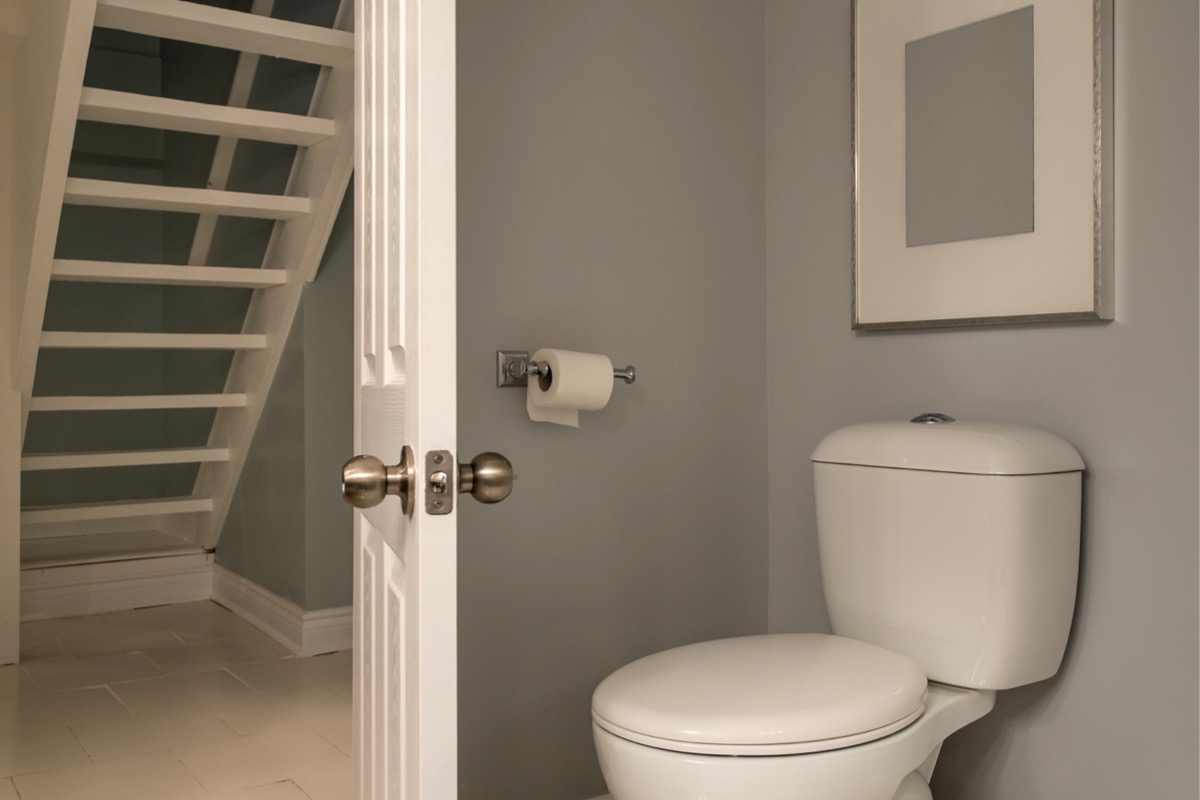Bathroom Plumbing Essentials: What Every New Homeowner Needs to Know
Bathroom Plumbing Essentials: What Every New Homeowner Needs to Know
Blog Article
We've discovered the article relating to 11 Must-Read Tips for Plumbing a New House down the page on the web and reckoned it made perfect sense to write about it with you on this site.

For brand-new home owners, understanding and maintaining shower room plumbing can save both money and time by protecting against expensive issues down the line. Here are some essential shower room plumbing pointers to assist you keep every little thing running smoothly.
Prepare for Winter
Shield your pipelines from freezing throughout cold weather by shielding pipes in unheated locations like cellars, attics, and garages. Throughout extreme chilly, allow cold water drip from faucets served by revealed pipelines to help protect against cold.
Arrange Regular Upkeep
Consider organizing annual examinations with an accredited plumbing technician. They can spot problems that you could miss, such as surprise leaks or damage on pipes and components. Regular maintenance aids expand the life of your plumbing system and can prevent emergency situations.
Acquaint Yourself with the Main Shut-Off Shutoff
Recognizing where the primary water shut-off shutoff lies in your home is crucial. This enables you to promptly switch off the water supply in case of major leakages or during plumbing emergency situations, preventing comprehensive water damage.
Consistently Examine for Leakages
Tiny leaks can lead to large troubles. Routinely inspect under sinks, around commodes, and near pipes fixtures for any indications of leakages. Look for moisture, tiny drips, or corrosion. Capturing and repairing leaks early can protect against much more serious damage and save water.
Maintain Your Water Heater
Guarantee your water heater is set to a suitable temperature level (commonly around 120 degrees Fahrenheit) to stop scalding and decrease energy usage. Flush the storage tank every year to remove sediment build-up, which can lower the efficiency and lifespan of your heater.
Upgrade Your Fixtures
If your home has older fixtures, take into consideration upgrading to more effective versions. Modern commodes, showerheads, and taps are created to make use of less water while providing good pressure, which can considerably decrease your water bill and environmental footprint.
Be Cautious with DIY Plumbing Repairs
While it's tempting to handle all home repair work on your own, be cautious with plumbing. Some issues might call for specialist knowledge, especially if they involve main water lines or sewer repairs. Working with a specialist can often be a lot more affordable than DIY, especially if it prevents more damages.
Don't Overlook Slow Drains Pipes
If your sink or bathtub is draining pipes slowly, it's typically an indication of an obstruction developing. Addressing this very early can stop a full blockage. Make use of a plunger or a plumbing's serpent to clean out particles. Avoid making use of chemical drainpipe cleaners as they can harm your pipes gradually.
Know What Not to Flush
Toilets are not waste disposal unit. Avoid purging anything other than bathroom tissue and human waste. Items like wipes, womanly hygiene items, and cotton swabs should be taken care of in the trash to stop blockages and sewage system backups.
Set Up Strainers in Drains
Place strainers in your sink and tub drains pipes to catch hair and various other particles before they enter your plumbing system. Cleansing the strainers regularly will assist protect against accumulation and maintain water flowing easily.
Conclusion
Comprehending and maintaining your home's restroom pipes can prevent lots of usual issues. By adhering to these vital pointers, you can ensure your restroom continues to be functional and effective, saving you money and time over time.
Essential Plumbing Tips for Homeowners: Keep Your Pipes Flowing Smoothly
As a homeowner, understanding the basics of your plumbing system can save you time, money, and a lot of headaches. Plumbing issues can range from minor annoyances like dripping faucets to major problems like burst pipes that cause significant damage. This guide provides essential tips to help you maintain your plumbing system and tackle common issues.
Understanding Your Plumbing System
Supply System: Brings fresh water into your home from a municipal source or a well. Drain-Waste-Vent System: Removes wastewater and vents sewer gases outside. Fixtures and Appliances: Includes sinks, toilets, showers, dishwashers, and washing machines. Basic Maintenance Tips
Regular Inspections: Periodically check for leaks, corrosion, and other signs of wear and tear. Look under sinks, around toilets, and near water heaters. Know Your Main Shut-Off Valve: In case of a major leak, you’ll need to shut off the water quickly. Ensure everyone in your household knows where the main shut-off valve is located. Prevent Frozen Pipes: In cold climates, insulate exposed pipes and let faucets drip during extreme cold to prevent freezing. Use Strainers: Install strainers in sinks and tubs to catch hair, food particles, and other debris that can cause clogs. Common Plumbing Issues and Solutions
Clogged Drains:
Prevention: Avoid pouring grease down the drain and use drain screens to catch debris. DIY Fix: Use a plunger or a plumbing snake to clear minor clogs. For stubborn clogs, a mixture of baking soda and vinegar can sometimes help. Leaky Faucets:
Prevention: Replace washers and seals regularly. DIY Fix: Turn off the water supply, disassemble the faucet, and replace worn parts.

Book Now Report this page